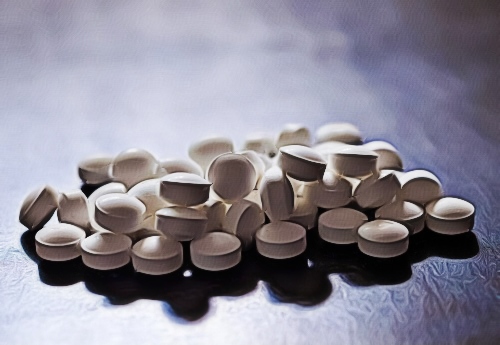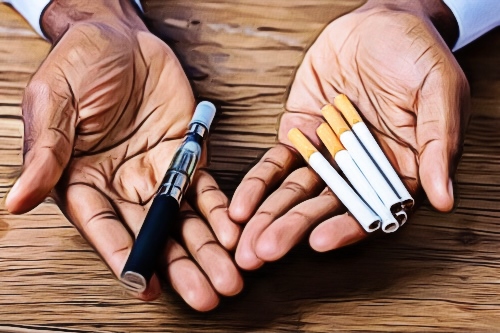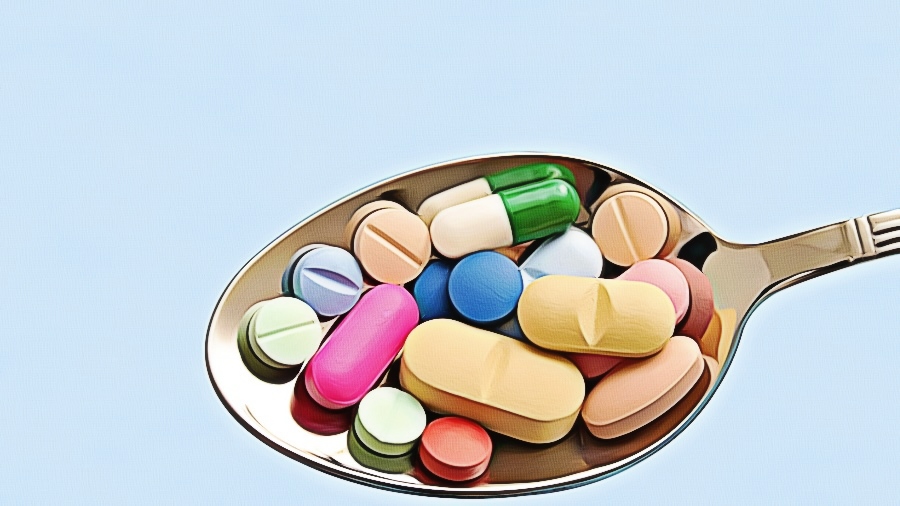Stimulants are drugs or substances that speed up the exchange of messages between the brain and the rest of the body. The effect is that the person taking the stimulant feels more alert and energetic.
However, when taken in large doses, as most people with addiction to these substances do, stimulants can lead to over-stimulation and result in aggression, anxiety, headaches, panic, paranoia, and seizures, among others. Long-term use of stimulants can have adverse effects on one’s health, too.
There are stimulants that are legal as well as illegal. They can also be natural or synthetic. Legal stimulants in the form of drugs are prescribed by doctors for certain illnesses. However, there are also legal stimulants that are not drugs. Here’s what you need to know about those legal stimulants and how they affect those who take them:
Stimulants That Are Legal
Amphetamines
Amphetamines are one of the legal stimulant pills that are only available as prescription medicine. Some of the most common brand names for amphetamines are Ritalin and Adderall. These drugs are prescribed to patients with either Attention Deficit Disorder or Attention Deficit Hyperactivity Disorder. These are often included in the treatment regimen of patients and have to be taken daily. The purpose of this drug is to improve the focus of someone who has trouble concentrating, like those with ADD and ADHD.

The problem is that there are lots of people without ADD or ADHD who also take amphetamines because they want to experience their effects. Some are students who may be pressured to stay awake late and need to focus on their studies. Others are people who work graveyard shifts or extra-long hours and have to stay awake and alert to perform their job. Unfortunately, many of these people develop a dependence on amphetamines, and they end up needing to take the drugs, or they couldn’t function normally anymore.
Additionally, those who take these drugs could experience hallucinations, and their heart rates could rise too quickly, which can be serious. There may also be psychological side effects like insomnia, paranoia, and obsessiveness, especially when taken long-term in high doses. Withdrawal from stimulants like amphetamines is milder compared to withdrawal from benzos, opioids, or even alcohol. However, many still experience depression when withdrawing from these stimulants, and some even get suicidal.
Nicotine
There have always been debates about nicotine and whether or not the dangers it poses are at the same level as that of caffeine, another known stimulant. Here’s what you should note, though. When you smoke a cigarette, along with the nicotine, you’re also getting more than 4,000 chemicals into your body. In the form of tobacco, nicotine is absorbed through smoking and is absorbed into the lungs and the bloodstream. It gets to the brain in no more than 10 seconds after inhalation.

When chewing tobacco, the nicotine gets into your system through mucous membranes and quickly increases the heart rate. It can also increase dopamine in the brain, which could make the person feel extremely happy. Nicotine can also be ingested through e-cigarettes.
Nicotine is highly addicting. It may not be what immediately comes to mind when you think of addiction stories of people who abuse substances, but it’s actually one of the most prevalent addictions in the United States.
Caffeine
Caffeine is probably the most widely used and legally accepted kind of stimulant. In fact, 90% of Americans consume caffeine in one of its many forms every single day. Most people might not actually know that it is a stimulant! You get caffeine from coffee, tea, chocolate, and soda. So yes, you are taking a stimulant when you feel sluggish in the middle of the workday, and you drink coffee or tea. If you notice, you instantly feel alert after you finish your cup, and you might even feel your heart rate increasing.

There are contradicting studies about caffeine as some say you’re better off not taking it, while some maintain that it’s not bad at all as long as it’s taken in moderation. That said, if you are someone who drinks too much coffee or tea that you feel like it’s coffee that’s running through your veins, you might want to consider cutting back as you might already be dependent on this stimulant.
Stimulants in Comparison with Suppressants
Suppressants, or “downers,” as they are often called, are the opposite of stimulants in that they have a sedative effect instead of a stimulating one. They make the person taking them feel very relaxed and even drowsy.
Sedatives are usually prescribed to patients who suffer from anxiety, insomnia, and epilepsy. However, like with stimulants, it can be dangerous when abused. When taken in high dosages, sedatives can cause loss of consciousness, reduced heart rate, slowed breathing, and even overdose and death.
Some of the most common examples of downers include Benzodiazepines like Xanax, Klonopin, Librium, and Halcion, as well as Barbiturates like Seconal, Amytal, and Nembutal.
Aside from the sedative drugs, there are also substances with depressant qualities, like some muscle relaxants, alcohol, and opiates (both prescription and illicit). Some people take these to lessen the effects of stimulant drugs. Similarly, some take stimulants to get out of a sedated state. Those people think that it is only logical that if you want to minimize the effect of a suppressant or a stimulant, you need to take its “opposite” drug. The truth, though, is that they are actually increasing the damage they do to their body.
Some people take uppers and downers intentionally to get a kind of euphoria with their mixed effects. Others, though, unintentionally do it when, for instance, they take prescribed medicine for pain or ADHS, and then they drink alcohol. Another common but extremely dangerous combo of stimulants and depressants is energy drinks and alcohol.
What Are the Risks of Taking Stimulants and Depressants Together?
Aside from the obvious risks of possibly fatal overdoses, the combination of uppers and downers come with a whole set of other health risks that include:
Minimizing the symptoms of each substance, giving the user a fake sense that they are in control of the situation when they aren’t
The effects of the stimulant often push the user to keep on partying for longer hours and ignore or underestimate the dangerous intoxication level they might already be on
Uppers could conceal warning signs that CNS depression is already happening, while downers could mask a dangerously high heartbeat rate.
Taking conflicting drugs could take its toll on different systems in the body
The combination of uppers and downers can also affect one’s cognitive function and decision-making ability that they could be at risk of making dangerous choices.
Dependence and Tolerance
People who take stimulants on a regular basis, whether they’re prescribed or not, could start developing both dependence and tolerance to those substances. When they become tolerant to stimulants, they’ll have to take them in higher doses to get the desired effects.
Stimulant dependence can manifest as both physical and psychological. For some who are dependent on such substances, being able to use stimulants is of the highest importance, and they find it extremely difficult to stop taking them. Those with psychological dependence might feel the need to use stimulants when they are in a certain environment or situation. In contrast, for those with physical dependence, it is their body that seems to stop functioning normally without stimulants.
Conclusion
Some stimulants may be legal, but that doesn’t mean they should be taken without the proper guidance of a physician, nor should you take them for no medical reason. And should you be prescribed stimulant drugs, make sure that you are aware of the signs that you are becoming dependent.
Even stimulants like caffeine and nicotine should be taken with care to avoid health complications.If you or anyone you know is becoming or is already dependent on stimulants, you might want to consider getting addiction treatment to address the problem.
Sources:

